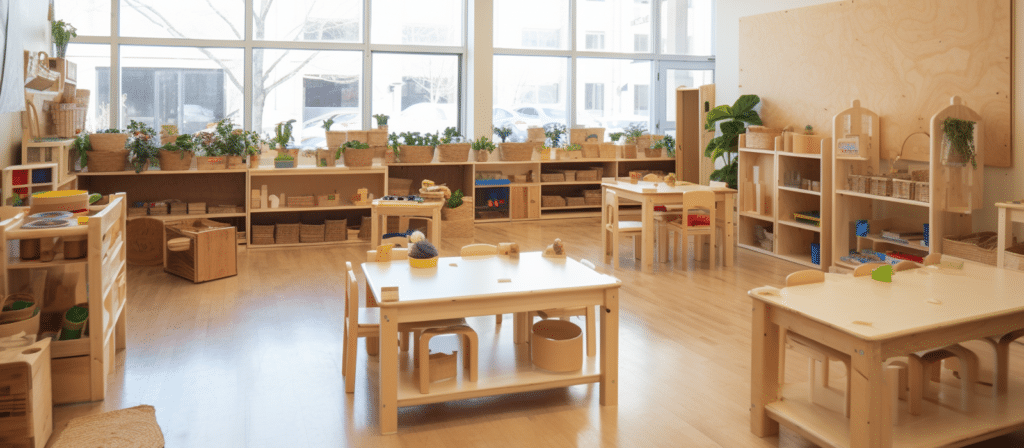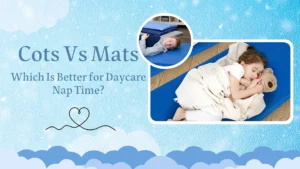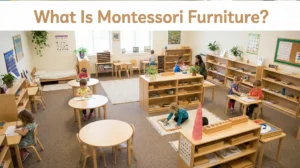Are you looking for ways to create dynamic and engaging learning environments in your daycare? Wondering how to make the most of your space? Flexible seating might be the answer! This article will explore the advantages of incorporating flexible seating into your daycare’s learning spaces.
The benefits of flexible seating in daycare learning spaces are manifold. It promotes active learning, fosters independence, encourages collaboration, and accommodates various learning styles. Flexibility in seating allows children to choose where and how they learn best, making the educational experience more enjoyable and effective.
So, what exactly is flexible seating?
Flexible seating refers to a classroom setup that offers a variety of seating options such as bean bags, floor cushions, wobble stools, and standing desks. It allows children to move around and select seating that promotes comfort and focus. This approach recognizes that not all children learn best in traditional desks and chairs and encourages them to find what works best for them.
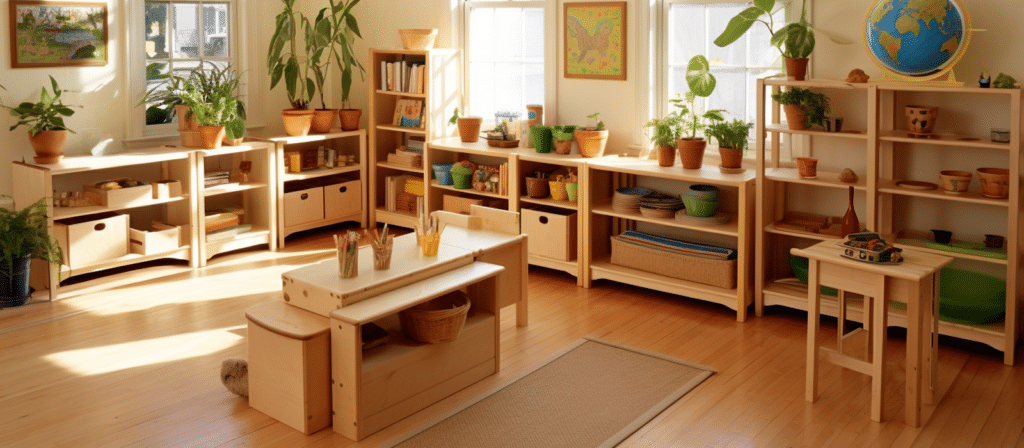
ut why is flexible seating beneficial for daycare learning spaces?
One of the key advantages of flexible seating is that it promotes movement and active learning. Children naturally have a lot of energy, and being able to move around and change their seating position can help them stay engaged and focused. Research shows that movement stimulates the brain and improves cognitive function, leading to better learning outcomes.
Moreover, flexible seating allows children to take ownership of their learning environment. By giving them the freedom to choose where and how they sit, they feel empowered and more in control of their learning experience. This sense of ownership fosters independence and responsibility, important skills that will benefit them beyond the daycare setting.
But don’t children need structure and discipline?
Absolutely! Flexible seating does not mean chaos or lack of structure. It is important to establish clear expectations and guidelines for using the different seating options. By setting boundaries and teaching children how to make appropriate seating choices, they learn self-regulation and develop important social skills such as sharing and taking turns.
Does flexible seating benefit all children?
Flexible seating is particularly beneficial for children with special needs or sensory processing issues. Traditional chairs and desks can be uncomfortable for these children, causing distractions and discomfort. With flexible seating options, they can find a position that suits their sensory needs, allowing them to focus and participate fully in the learning activities.
Furthermore, flexible seating promotes collaboration and teamwork. By providing different seating arrangements, children can easily form small groups and work together on projects and activities. This fosters communication and cooperation skills, which are essential for their future success.
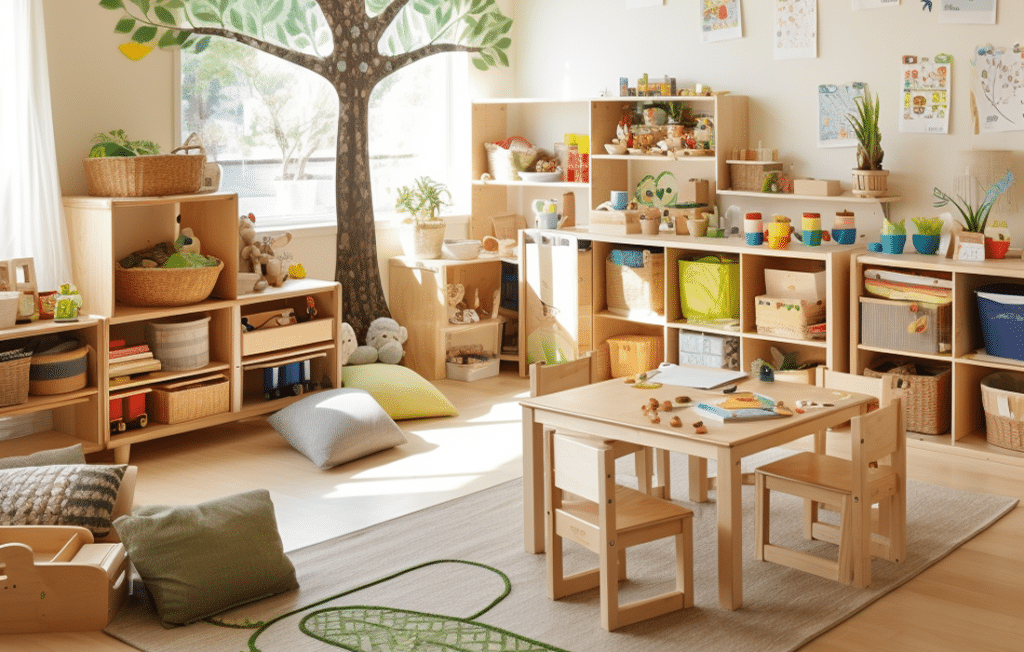
What about the benefits for teachers?
Flexible seating not only benefits children but also makes the teacher’s job easier. With a variety of seating options, teachers can cater to different learning styles and preferences, ensuring that all children are engaged and actively participating. It also allows teachers to observe and interact with children more easily, facilitating personalized instruction and feedback.
Conclusion
Overall, the benefits of flexible seating in daycare learning spaces are numerous. From improved focus and engagement to enhanced collaboration and creativity, this approach provides children with a more comfortable and dynamic learning environment. By allowing children to have a say in how they sit and learn, daycare centers can create a space that nurtures their individuality and supports their overall development. So why not embrace the flexibility and see the positive impact it can have on your daycare center?

